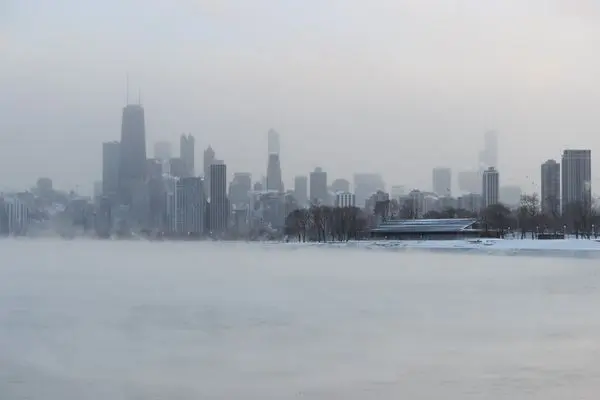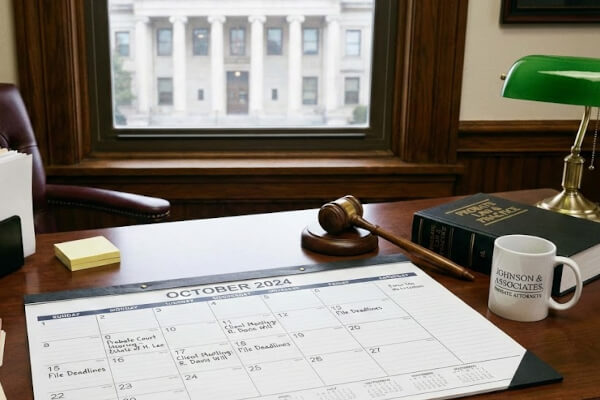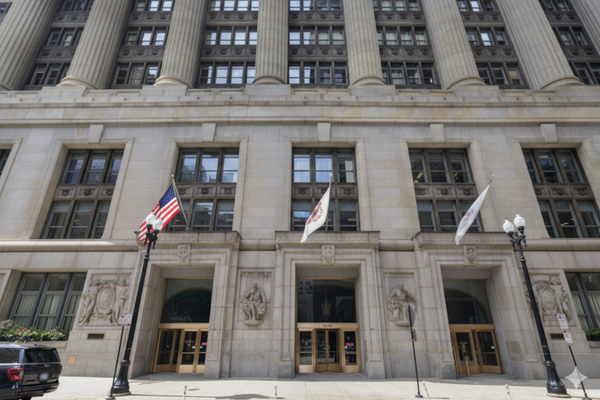Prevent Frozen Pipes and Costly Damage to Your Vacant Property

Table of Contents
Introduction
Chicago’s brutal winters can wreak havoc on vacant properties, leading to burst pipes, costly repairs, and major delays if you’re trying to sell. If you’re managing an inherited home, an estate property, or any vacant house during winter, it’s critical to take the right steps to prevent frozen pipes and maintain its value.
With freezing temperatures and the occasional polar vortex, safeguarding a vacant home in winter isn’t just about convenience – it’s about avoiding significant property damage. Whether you’re an out-of-state executor or a local homeowner preparing to sell, these essential tips will help you protect your investment while keeping the property market-ready.
When selling a vacant home during Chicago’s frigid winters, disconnecting the water might not be feasible. Whether it’s for showings, inspections, or preventing issues with older systems – like galvanized pipes that can dry out and leak after being shut off – keeping utilities operational is often necessary. However, this decision comes with the responsibility of safeguarding the property against the risks of frozen pipes and water damage. Proper insulation, temperature regulation, and routine monitoring are crucial to ensuring the home remains protected and marketable throughout the winter months.
Why Winterizing a Vacant Home Matters
A vacant home is particularly vulnerable to winter-related issues, including:
- Frozen and Burst Pipes, which can cause extensive water damage.
- Higher Heating Costs, if the home is not insulated properly.
- Insurance Risks, as some policies may not cover damage if the property isn’t winterized.
- Increased Maintenance Concerns, which can deter potential buyers.
By following the steps below, you can safeguard your property, maintain its curb appeal, and ensure a smooth selling process during the coldest months of the year.
Step-by-Step Guide to Protecting a Vacant House in Winter
1. Keep the Heat On (Set Thermostat to 55°F or Higher)
Leaving the heat on is the most effective way to prevent freezing pipes. Set the thermostat to at least 55°F, and consider increasing it slightly when temperatures drop below zero. Smart thermostats allow you to monitor and adjust the temperature remotely, ensuring your property stays protected without unnecessary energy costs.
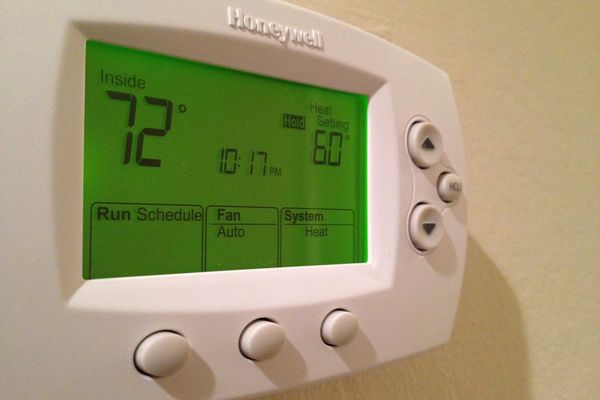
2. Insulate Pipes to Prevent Freezing
Inspect exposed pipes in colder areas such as basements, attics, crawl spaces, and exterior walls. Use foam insulation or heat tape to keep them warm. Seal any gaps in walls, windows, or foundation cracks to prevent drafts that could lower the temperature around your plumbing.
3. Open Cabinets for Better Air Flow
Cabinets in kitchens and bathrooms can trap cold air, especially when located against exterior walls. By opening the cabinet doors, you allow warm air from the heated interior to circulate around pipes, preventing them from freezing. If the home is staged for sale, use small, discreet signs to remind agents and potential buyers why these doors are open.
4. Let Faucets Drip to Prevent Ice Blockages
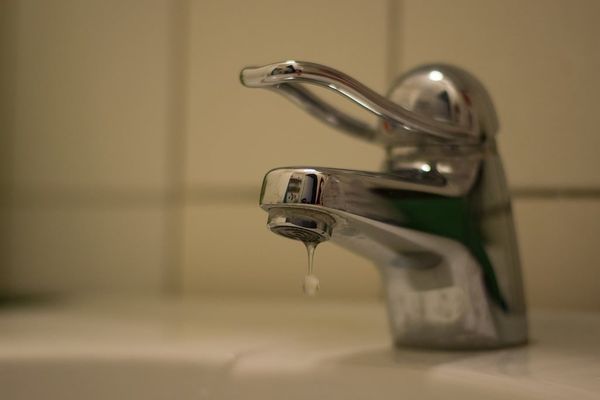
Running water is much less likely to freeze. Allow a small, steady stream or drip of warm water from faucets connected to pipes in colder parts of the home. Focus on sinks and fixtures along exterior walls or in unheated areas. This simple action keeps water moving through the system, preventing pressure buildup that could lead to pipe bursts.
5. Secure Exterior Faucets and Outdoor Plumbing
Disconnect all garden hoses and drain the water from outdoor spigots. Cover them with insulated hose bib covers to prevent freezing at the connection point. These covers are inexpensive and can save you from costly repairs caused by ice forming and expanding in exterior plumbing.
6. Monitor the Property Regularly
Winter weather can change rapidly, so regular check-ins are essential. If you’re local, visit the property weekly to inspect the heating system, check for drafts, and ensure no pipes are at risk. For out-of-state owners, hiring a trusted real estate professional or property management service to conduct these inspections ensures peace of mind. Remote monitoring devices like water leak detectors or freeze alarms can also alert you to issues before they become major problems.
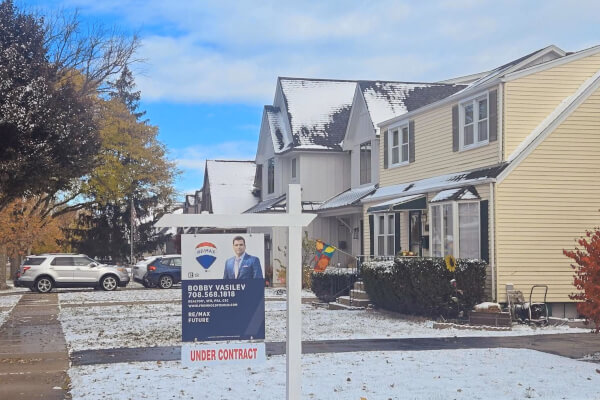
Extra Steps for Extreme Cold and Polar Vortex Conditions
When temperatures plummet due to a polar vortex, consider these extra precautions:
- Install a Freeze Alarm: A freeze alarm notifies you if the home’s temperature drops too low, giving you the chance to act quickly and prevent costly damage.
- Seal Drafts: Inspect windows, doors, and other openings for drafts and seal them to maintain a stable interior temperature and reduce the strain on your heating system.
Insurance Considerations for Vacant Homes
While water damage from frozen pipes may be covered under some insurance policies, many require proof that reasonable precautions were taken to prevent such damage. Be sure to document your efforts, such as maintaining heat, insulating pipes, and monitoring the property.

Additionally, if the home is vacant, a standard homeowner’s insurance policy might not provide sufficient coverage. Consider securing a vacant property insurance policy, which offers additional protection against risks like burst pipes, vandalism, and storm damage. Document your winterization efforts to ensure coverage in case of a claim.
The Fastest Way to Eliminate Vacant House Risk & Expense
You’ve done the critical work of winterizing the property, but managing a vacant Chicago home comes with persistent costs, risks, and emotional stress.
For many owners, the vacant property itself is the single biggest source of stress, risk, and mounting holding costs (utilities, insurance, maintenance). The sale of the home is the fastest way to stop paying these expenses and eliminate the potential for costly winter damage.
As one of the top vacant property Realtor teams in Illinois, my team and I specialize in turning the challenge of ownership into a quick, profitable transaction. We provide expert guidance to ensure the property sale achieves the best financial outcome for you.
Before you proceed with another month of winterization checks, review the two primary strategies for selling your vacant property:
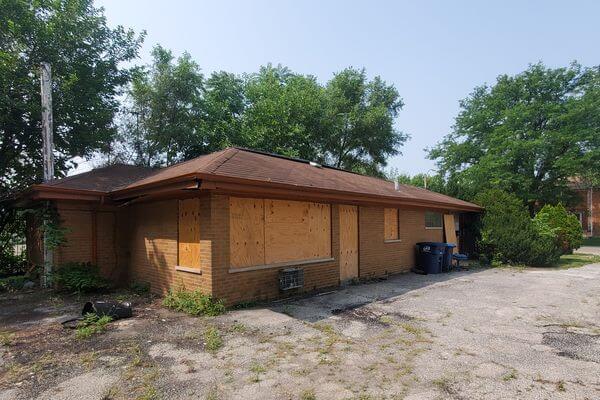
Fast Cash Sale
Ideal if you need fast liquidity, the property is in poor condition, or you need to eliminate risk immediately.
- Goal: Speed and Convenience
- Process: We can facilitate a quick, cash offer from our vetted network of trusted investors.
- Benefits: Close in 7-21 days, skip all repairs, no cleanout, quick way to turn the house into cash for the estate.
Maximized Market Sale
Best for vacant property owners who are financially stable, not in a rush, and prioritize maximizing their net profit.
- Goal: Highest possible net profit.
- Process: We strategically list, market, and sell the property As-Is, Where-Is on the open market.
- Benefits: Close in 30-45 days, attract competitive market offers and maximize the sales price
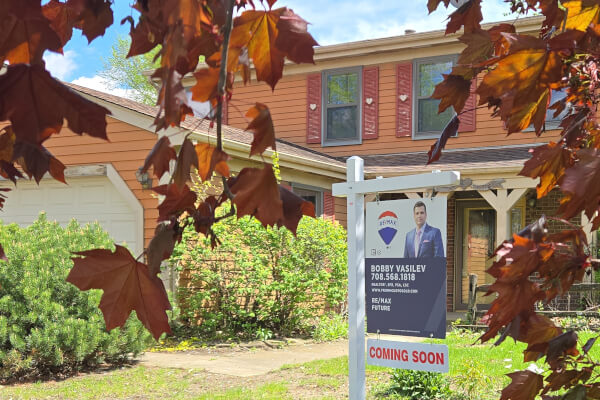

Ready to Eliminate the Stress?
Don’t let your vacant property become a financial burden or source of ongoing risk. We’ll help you determine the best path forward. Find out how much your vacant Illinois house could sell for today.


